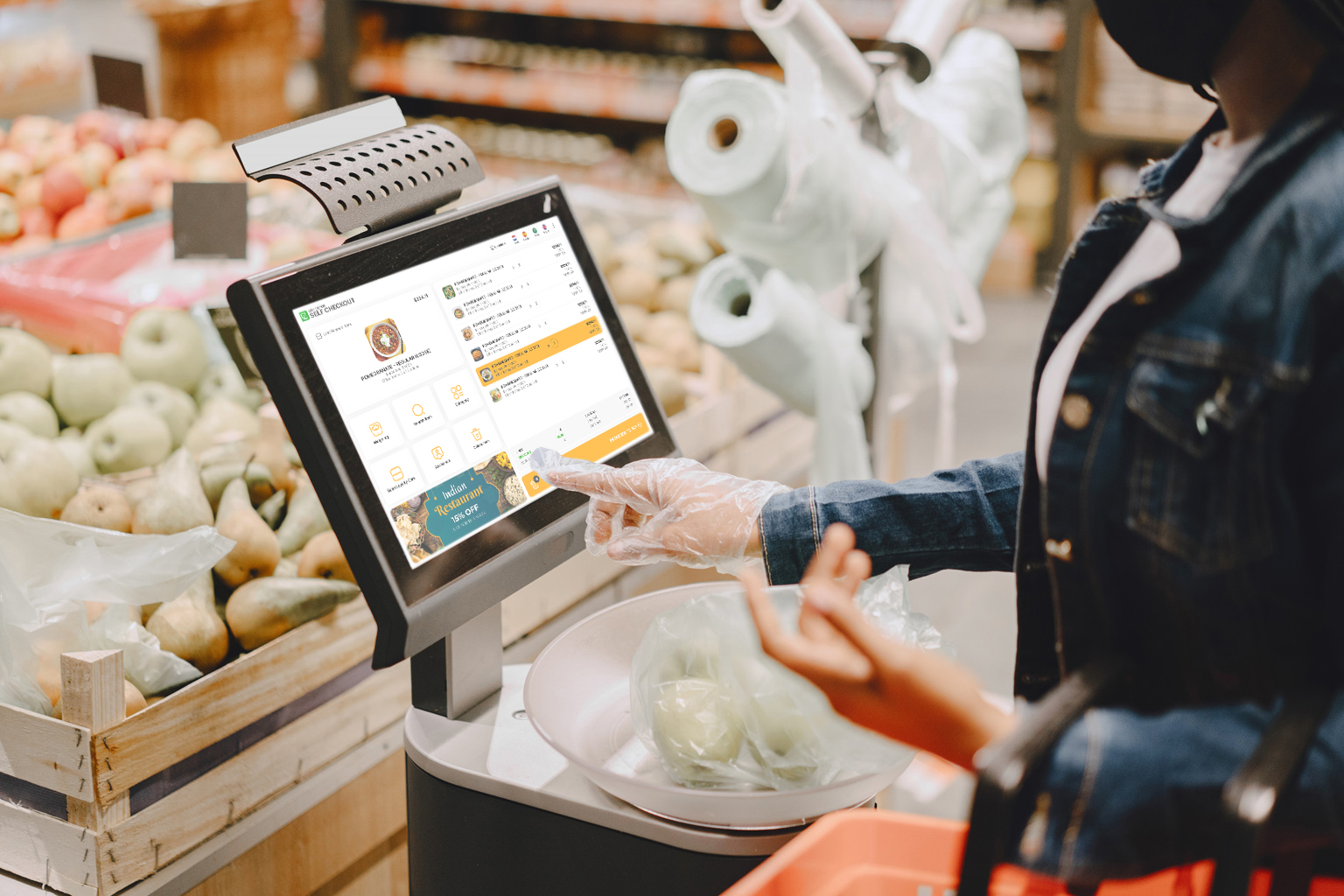Personalized Marketing with POS Customer Data: Unlocking Growth Through Smart Insights

In today’s competitive retail landscape, personalized marketing has become more than just a trend — it’s a necessity. Customers expect brands to understand their preferences, anticipate their needs, and communicate in ways that feel relevant. While many businesses turn to social media and email platforms for personalization, one of the most powerful and often underutilized tools lies right at the checkout counter: your Point of Sale (POS) system.
Modern POS systems are far more than transaction processors. They collect valuable customer data that can be leveraged to create highly targeted and personalized marketing campaigns. From purchase history to preferences and behavior patterns, your POS system can become the engine behind your customer engagement strategy.
What is POS Customer Data?
POS customer data includes a variety of information collected during sales transactions, such as:
- Customer names and contact details
- Purchase history and frequency
- Average transaction value
- Preferred products or categories
- Loyalty program participation
- Payment methods used
- Visit frequency and timing
When this data is properly stored and analyzed, it becomes a goldmine for personalized marketing strategies that increase retention, drive repeat purchases, and boost customer lifetime value.
Why Personalized Marketing Matters
Studies consistently show that customers respond better to tailored experiences. According to a recent report by Epsilon, 80% of consumers are more likely to make a purchase when brands offer personalized experiences. Personalization builds trust, increases relevance, and helps your brand stand out in a crowded market.
By using POS customer data, businesses can personalize interactions at every stage of the customer journey — from first-time buyer to loyal advocate.
How POS Customer Data Enables Personalized Marketing
1. Tailored Product Recommendations
Using past purchase behavior, you can recommend products that are likely to interest each customer. For example, if someone frequently buys skincare products, your next campaign can feature related items, like serums or moisturizers they haven’t tried yet.
2. Personalized Discounts and Promotions
Not all customers respond to the same incentives. With POS data, you can offer personalized discounts based on purchase history or loyalty status. For instance, send a birthday discount to a frequent customer or a “we miss you” coupon to someone who hasn’t shopped in a while.
3. Segmented Email and SMS Campaigns
POS systems often integrate with marketing tools that allow you to segment your customer list. You can create segments like “high spenders,” “first-time buyers,” or “lapsed customers,” and tailor your messaging for each group. This boosts engagement and reduces unsubscribe rates.
4. Loyalty Program Optimization
By tracking points, rewards, and customer preferences through your POS, you can build a loyalty program that feels personal. For example, you can offer double points on their favorite category or unlock exclusive deals based on their shopping behavior.
5. Improved In-Store Experience
With customer profiles accessible through POS, sales staff can provide better service. If a customer regularly buys a certain brand or product, staff can make personalized suggestions or inform them about upcoming restocks or new arrivals.
Real-World Example
Imagine a boutique fashion retailer using POS data to analyze that a segment of customers frequently buys activewear. The business can then launch a targeted campaign featuring new activewear arrivals, offer exclusive early access to loyal buyers, and send follow-up reminders to those who engaged but didn’t purchase. This kind of tailored experience drives sales and strengthens customer relationships.
Getting Started with POS-Driven Personalization
To effectively use your POS data for marketing:
- Choose a POS system that offers customer profile creation and data storage
- Integrate it with your CRM or email marketing platform
- Regularly analyze sales and customer behavior data
- Create audience segments for targeted campaigns
- Use automation tools to trigger personalized emails or messages
Final Thoughts
Personalized marketing is no longer reserved for big brands with massive budgets. Thanks to modern POS systems, even small businesses can access detailed customer insights and use them to craft meaningful, personalized experiences.






